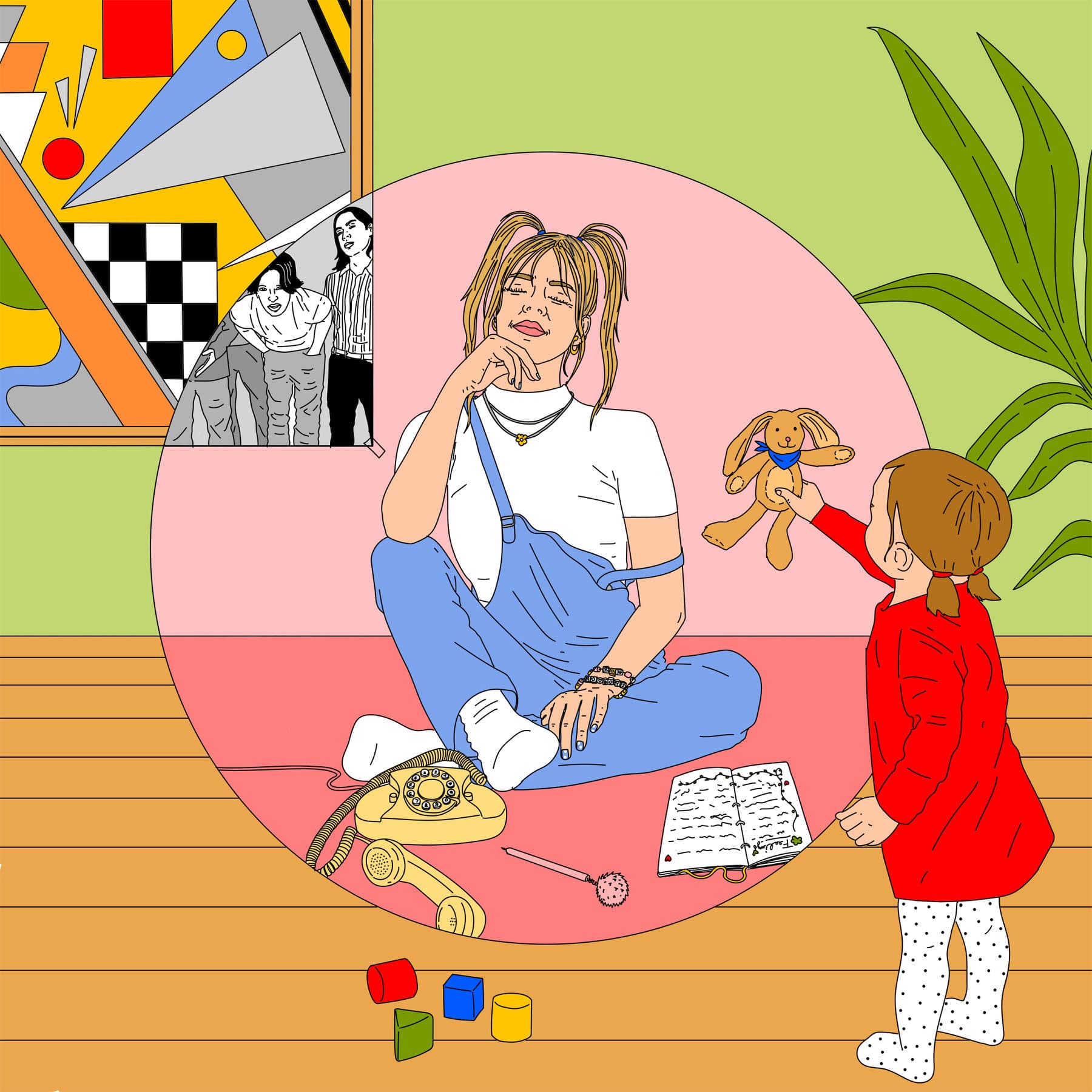The pandemic has had far-reaching negative impacts on mental health. With billions of people locked in their homes for long periods, instances of anxiety and depression are becoming more common.

A study released in September of this year suggests nostalgia may be the key to thwarting the feelings of pandemic loneliness. Zhou et al. conducted a study in China, the United States and the United Kingdom to investigate the relationship between nostalgia and loneliness.
The findings of the study indicate that nostalgia can have a positive impact on alleviating the feelings of loneliness. For those living in areas affected by lockdown restrictions, reflecting on sentimental or momentous events from one’s past can be an effective means of reducing the pains of loneliness. While loneliness can reduce happiness overall, it also appears to act as a trigger for the positive feeling of nostalgia.
“A good analogy is the immune system,” explains University of Southamption-based social psychologist Tim Wildschut.
“A viral infection may make you ill, but it also activates your immune system and your immune system makes you better. Loneliness reduces happiness but also triggers nostalgia, and nostalgia increases happiness,” said Wildschut.
In an interview with SBS, psychologist Manna Maniago explains that nostalgia is a meaningful way of feeling hopeful in what can otherwise feel like a hopeless time.
“Remembering things such as travelling and even sharing posts about them have the psychological benefit of counteracting the feeling of loneliness,” said Maniago.
Having something to look forward to—such as the return to ‘normal’, to travel, to social bonding—can be powerful.
For those still living through the negative mental health impacts of the pandemic, hope through nostalgia may be the best means of coping.






